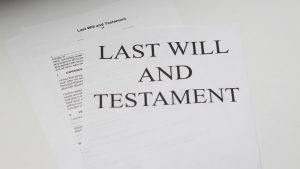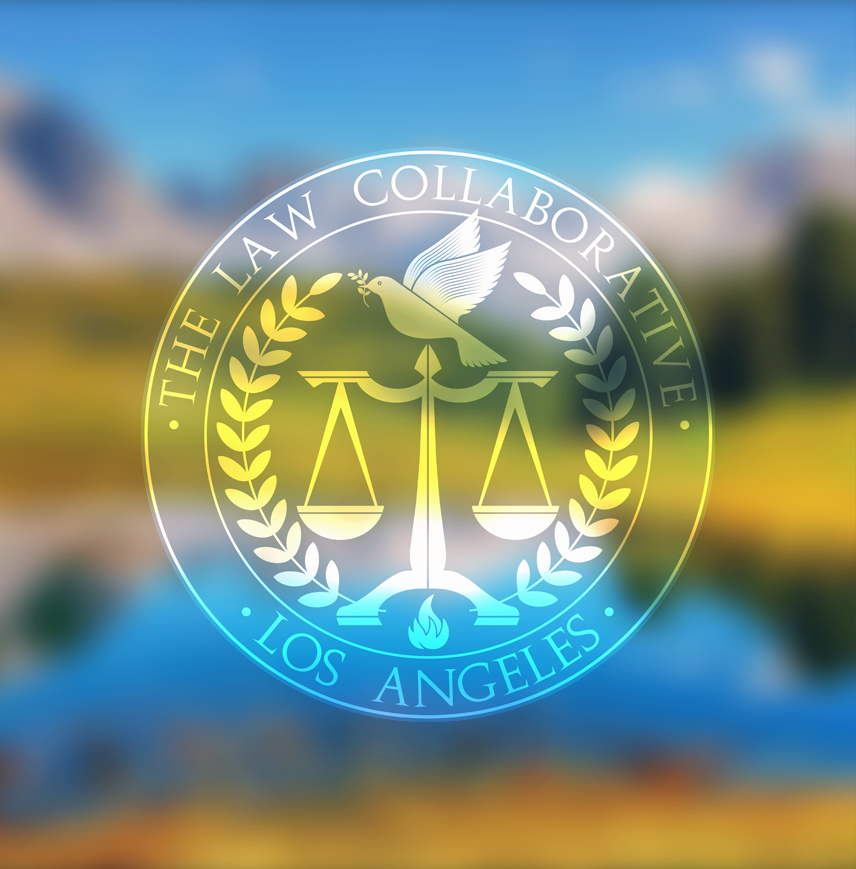Cases are decided on the rule of law and the facts presented in evidence. Your chief obligation is collecting and presenting evidence that is reliable and consistent with the outcome you desire.
The accumulation, acquisition, origination, and documentation of testimony and written evidence is crucial to your case. Keeping a diary and a financial journal are perhaps the two most important items of evidence that you will generate. Those documents can be introduced if you testify that they were prepared at the time the events occurred, in your own handwriting and were not edited or modified by anyone other than yourself. Your attorney can use these documents when he or she lays a foundation for the evidence.
The evidence of other witnesses is also crucial. You should begin to prepare a detailed list of all individuals who will corroborate your testimony. It is important that witnesses testify only to what they have seen or heard. They will not be able to testify to what other people have told them. This is inadmissible hearsay.
Hard evidence, the kind of evidence that lawyers and judges most respond to is documentary evidence. Drivers license, birth certificates, bank statements, deeds, insurance policies, doctor records, photographs, and your diary are examples of that evidence. There is an increasing willingness on the part of the courts to consider audio and video transcribed material, but such evidence presents unique and special problems that should be discussed with your attorney.
Always keep copies of original documents you give to your attorney. Keep a record of all of the important documents of evidence that represent the essential elements in your case. You should discuss with your attorney all documents relevant to your case and allow him or her to decide what documents are necessary to your case. Never send anything to anyone other than your attorney.
A weak man is just by accident. A strong but non-violent man is unjust by accident.
-Mohandas K. Gandhi













